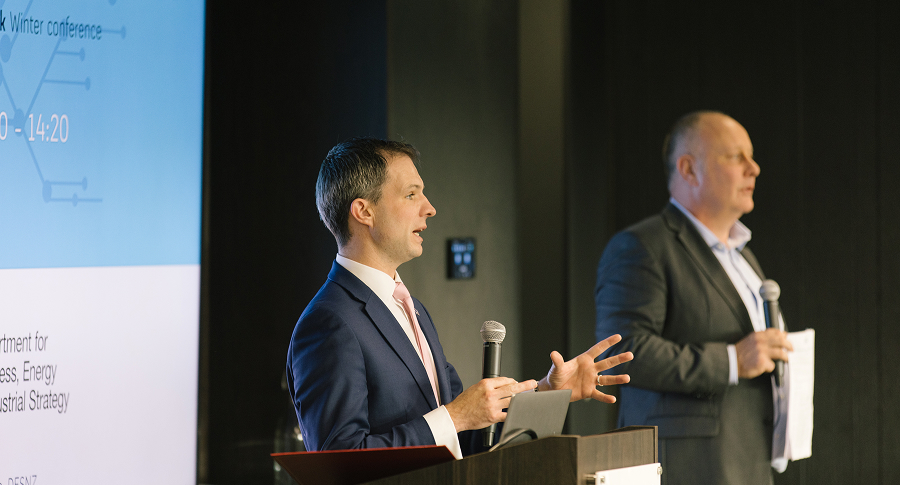This summer, Ofgem released a call for input on what is needed to engage domestic consumers in energy flexibility – a critical part of the future energy system. Read a summary of Regen's response and recommendations below.

This summer, Ofgem released a call for input on what is needed to engage domestic consumers in energy flexibility – a critical part of the future energy system. Read a summary of Regen's response and recommendations below.

Domestic Demand Side Response (DSR) is an important element of future energy systems. Our past work estimates that 20-30 GW of domestic DSR will be needed by 2035, rising to over 40 GW by 2050.
Not only is this flexibility necessary to support the roll out of heat pumps and EVs, but delivering flexibility on the demand side, rather than centrally, can deliver whole system cost savings of up to £2.5bn every year.
However, DSR requires customers to move from passive billpayers to active participants in the energy system. The way in which DSR offerings are structured, and the way in which customers are engaged, is therefore critical to the successful uptake of demand side flexibility and to unlocking its benefits.
This summer, Ofgem released a call for input on what is needed to engage domestic consumers in energy flexibility.
Government, Ofgem, DNOs and local stakeholders all have important roles to play, and must work together to ensure alignment of priorities throughout any process of reform.
Government should:
Ofgem should:
DNOs should:
Sign up to receive our monthly newsletter containing industry insights, our latest research and upcoming events.